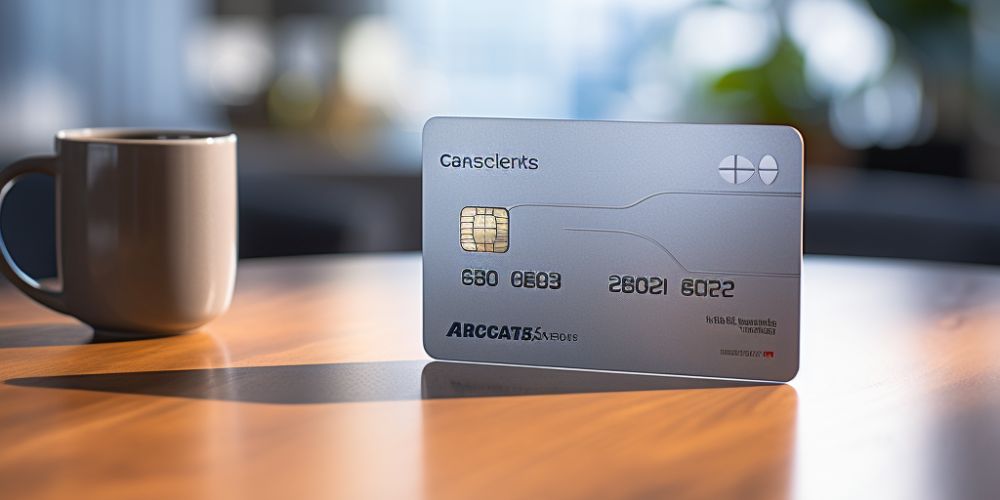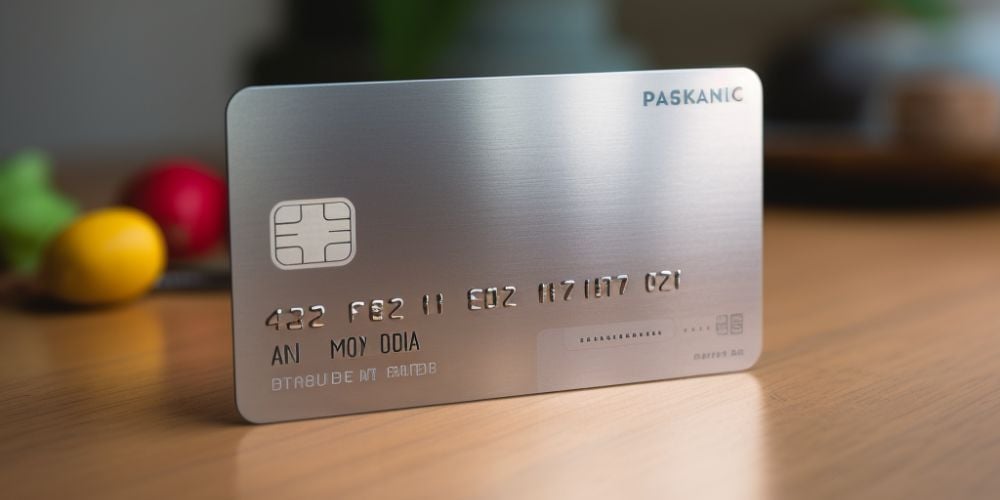Securing approval for a credit card can be a significant milestone in your financial journey.
While the process may seem daunting, this comprehensive guide aims to provide you with valuable tips and expert strategies to increase your chances of credit card approval.
We will delve into the importance of credit scores, how to build good credit, choosing the right credit card, preparing your application, dealing with rejection, and pro tips for getting approved.
How to Get Approved for a Credit Card? A Step By Step Guide
Know Your Credit Score and Reports
Before applying for a credit card, it’s crucial to know where you stand financially. Start by obtaining your credit reports from the major credit bureaus and assessing your credit score.
Lenders use credit scores as one of the primary factors when approving credit card applications.
By understanding your credit health, you can take necessary steps to improve your chances of approval.
Building Good Credit
If your credit score is less than stellar, don’t fret. Building good credit takes time and effort, but it’s certainly achievable.
Begin by establishing a positive credit history. This can be done by obtaining a secured credit card, becoming an authorized user on someone else’s credit card, or applying for a credit-builder loan.
Remember to manage your credit responsibly, making payments on time, and keeping your credit utilization low.

Researching and Choosing the Right Credit Card
With numerous credit cards available in the market, it’s essential to choose one that aligns with your financial goals.
Identify your credit needs and goals—whether it’s earning cashback rewards, travel perks, or establishing credit. Compare interest rates, annual fees, and rewards programs.
Determine which card suits you best in terms of benefits and affordability.
Preparing Your Application
An organized approach is key when preparing your credit card application. Gather all the necessary documents, which typically include identification proof, income verification, and proof of address.
When providing information in your application, ensure accuracy and completeness. Any errors or omissions may delay the approval process or lead to rejection.
Applying for Credit Cards
To increase your chances of approval, consider diversifying your applications.
However, submitting multiple applications simultaneously might negatively impact your credit score. Additionally, be wary of pre-approval offers, which are not guaranteed approvals.
Evaluate whether applying online or in-person suits your needs and preferences. Online applications offer convenience, while in-person applications allow for direct communication and personalized assistance.
Dealing with Rejection
Rejection can be disheartening, but it doesn’t mean you should give up on your goal of obtaining a credit card.
Understand common reasons for rejection, such as low credit scores, limited credit history, or high debt-to-income ratios.
Take proactive steps after being denied, such as reviewing your credit reports for errors, contacting the lender for reconsideration, or focusing on building credit before reapplying.
Pro Tips for Getting Approved
In addition to the strategies mentioned earlier, here are some pro tips to boost your chances of credit card approval:
Seek professional guidance
Consulting with a financial advisor or credit counseling service can provide invaluable insights and personalized advice on improving your credit and choosing the right credit card.
These professionals can assess your financial situation, suggest strategies to enhance your creditworthiness, and guide you towards credit card options that align with your goals and needs.
A financial advisor may help you understand your credit report, credit score, and how different credit cards can affect your credit score.
On the other hand, a credit counseling service may help you establish a debt-management plan, meet payment obligations and answer questions about credit card approval criteria.
Rebuild credit
If a low credit score is hindering your credit card approval chances, focus on rebuilding it before applying.
Start by making timely payments on all your existing debts and bills. Paying off outstanding debts, reducing credit card balances, and avoiding new credit applications can significantly boost your credit score over time.
Building a solid track record of responsible credit management demonstrates to lenders that you are a trustworthy borrower.
However, if you have no credit or bad credit, getting approved for credit may be more challenging.
In such a case, consider getting a secured credit card. Secured credit cards require a refundable security deposit that becomes the credit limit.
When you make payments on time and maintain a low balance on your card, you improve your credit score and demonstrate to lenders that you’re financially responsible.
Keep in mind that rebuilding credit takes time, and there are no instant fixes. But a gradual improvement of your credit score can open more credit card options with better terms and features.
Choose the right credit card
Choosing the right credit card is crucial to getting approved.
Different cards have different credit score requirements and credit lines, and picking the wrong one could lead to a rejection.
Look for cards that match your needs and situation, such as student credit cards, rewards credit cards, or secured credit cards.
Student credit cards typically don’t require a credit history or income to qualify. However, they might have a low credit limit and high-interest rates.
Rewards credit cards are suitable for consumers who use their credit cards frequently because they offer incentives such as cashback, points, or miles. However, they may require a higher credit score and may come with high annual fees.
On the other hand, secured credit cards may be ideal for consumers who want to improve their credit scores.
Although they require a security deposit upfront, they offer lower credit lines and don’t require a high credit score.
Remember to research and compare different credit cards and read the fine print carefully before applying.

How Can You Get Your First Credit card?
To get your first credit card, consider the following steps:
Establish a credit history
If you have no credit history, start by becoming an authorized user on someone else’s credit card or applying for a secured credit card.
These options allow you to build credit by demonstrating responsible usage and timely payments.
Research credit cards for beginners
Look for credit cards designed for individuals with limited credit history.
Some providers offer student credit cards or starter credit cards aimed at helping individuals establish credit.
Focus on building credit
Once you have a credit card, use it responsibly by paying the bills on time and keeping your balance low.
This will help improve your credit score and open up better credit card options in the future.
Frequently Asked Questions
Can I get approved for a credit card if I have no income?
While having no income may limit your credit card options, some providers offer credit cards for individuals without income.
These cards may have lower credit limits or require a co-signer. Additionally, if you’re a student, you may qualify for student credit cards specifically designed for those with limited income.
Is it possible to get approved for a credit card at 18 years old?
Yes, it is possible to get approved for a credit card at 18 years old, but it might be challenging if you have limited credit history.
Look for credit cards designed for students or individuals with limited credit.
Can I get approved for a credit card online?
Yes, the majority of credit card applications can be completed online. Most credit card issuers have user-friendly websites that allow you to compare different cards, submit applications, and track their status.
Applying online offers convenience and quicker processing times.
Conclusion
Obtaining approval for a credit card requires careful preparation and strategic steps.
To learn how to get approved for a credit card you need to understand your credit health, building good credit, researching and choosing the right credit card, and taking proactive measures, you can increase your chances of approval.
Remember, responsible credit card usage plays a significant role in your healthy financial journey.
Take control of your credit, and unleash the benefits of navigating the world of credit cards responsibly.


 Tags:
Tags:










